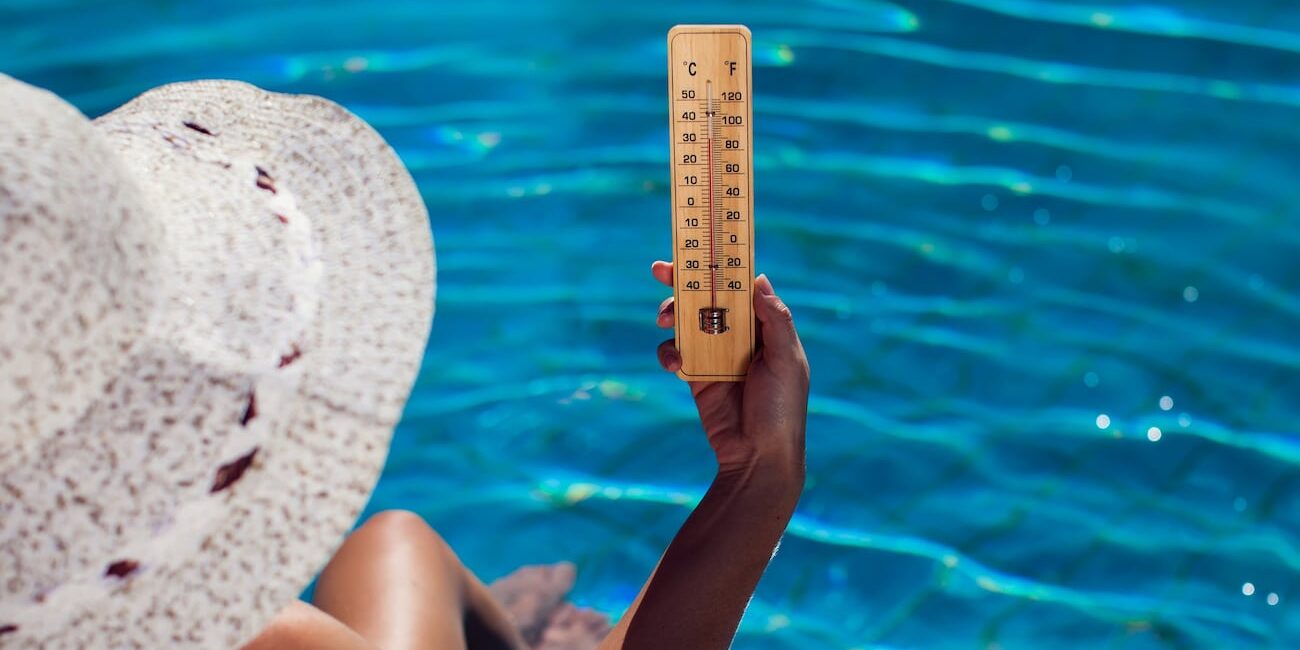Crystal Clear: Maintaining a Healthy and Safe Pool in Collier County
Owning a pool in sunny Collier County, Florida, is a dream come true. But keeping your pool sparkling clean and safe requires more than just skimming leaves and adding chlorine. From proper sanitation to essential safety measures, understanding the regulations and best practices is crucial for protecting your family and friends. This guide, based on information from the Florida Department of Health in Collier County, will help you navigate the key aspects of pool maintenance and safety.
The Top 5 Things to Know…
1. Understanding the Regulations
The Florida Department of Health in Collier County plays a vital role in ensuring public health, including the safety of public and private swimming pools. They enforce sanitation and safety standards outlined in Chapter 64E-9, Florida Administrative Code. Familiarize yourself with these regulations, which cover aspects like:
- Pool Operation: Proper procedures for filtration, disinfection, water quality testing, and record keeping.
- Safety Equipment: Requirements for safety equipment such as life rings, reaching poles, and first aid kits.
- Fencing and Barriers: Regulations for pool fencing, gates, and other barriers to prevent unauthorized access.
2. Maintaining Water Quality
Maintaining proper water chemistry is essential for a healthy and safe swimming environment. Here’s what you need to know:
- Disinfection: Maintain the correct free chlorine or bromine levels to kill germs and bacteria.
- pH Balance: Keep the pH between 7.2 and 7.8 to prevent eye and skin irritation and ensure effective disinfection.
- Water Testing: Regularly test your pool water for chlorine levels, pH, alkalinity, and calcium hardness. You can purchase test kits at pool supply stores or have your water tested by a professional.
- Filtration: Run your pool filter for at least 8 hours per day to circulate and clean the water.
3. Preventing Contamination
To prevent contamination and keep your pool water clean:
- Shower Before Swimming: Encourage everyone to shower before entering the pool to remove sweat, lotions, and other contaminants.
- Keep Pets Out: While your furry friends may love to swim, it’s best to keep them out of the pool to prevent contamination.
- Properly Dispose of Chemicals: Store and dispose of pool chemicals according to the manufacturer’s instructions.
- Regular Cleaning: Skim leaves and debris from the pool surface and vacuum the pool floor regularly.
4. Prioritizing Safety
Pool safety is paramount, especially for households with children. Implement these essential safety measures:
- Fencing: Install a sturdy fence at least 4 feet high around your pool area, with a self-closing, self-latching gate.
- Baby Barrier Tip: Enhance your fence with a Baby Barrier pool fence. These removable fences provide an additional layer of protection, with see-through mesh that allows for easy visibility of the pool area. They are ideal for families with young children or those who want an extra layer of security.
- Supervision: Never leave children unsupervised around a pool, even for a moment. Designate a responsible adult as the “Water Watcher” whenever children are in or near the pool.
- Swimming Lessons: Enroll children in age-appropriate swimming lessons to equip them with essential water safety skills.
- Safety Equipment: Keep safety equipment, such as a reaching pole and a first aid kit, readily accessible in the pool area.
- Drain Safety: Ensure your pool has anti-entrapment drain covers to prevent suction entrapment.
5. Addressing Common Issues
Be aware of these common pool issues and how to address them:
- Algae Growth: Algae can grow in pools with improper water chemistry or insufficient filtration. Maintain proper chlorine levels, pH balance, and filtration to prevent algae.
- Cloudy Water: Cloudy water can be caused by various factors, including imbalanced water chemistry, poor filtration, or high bather load. Test your water and adjust the chemicals accordingly.
- Eye and Skin Irritation: Eye and skin irritation can be caused by imbalanced pH or high chlorine levels. Maintain proper water chemistry to prevent discomfort.
FAQs
Q: How often should I test my pool water?
A: It’s recommended to test your pool water at least twice a week, and more frequently during periods of heavy use.
Q: What should I do if my pool water turns green?
A: Green water is usually a sign of algae growth. You’ll need to “shock” your pool with a high dose of chlorine, adjust the pH, and run the filter continuously until the water clears.
Q: Where can I get my pool water tested?
A: You can purchase pool water test kits at most pool supply stores. Many pool service companies also offer water testing services.
Q: What are the signs of a possible pool leak?
A: Signs of a pool leak may include a consistently dropping water level, cracks in the pool deck or shell, or wet spots around the pool area.
Q: Where can I find more information about pool safety and regulations in Collier County?
A: You can find more information on the Florida Department of Health in Collier County website: Swimming Pools | Florida Department of Health in Collier
Q: Where can I learn more about Baby Barrier pool fences?
A: Visit the Baby Barrier website at babybarrier.com or contact them directly for a free consultation. You can find their contact information on their website’s Contact Us [invalid URL removed] page.
By following these guidelines and staying informed about pool maintenance and safety, you can ensure a healthy and enjoyable swimming experience for everyone. Remember, a clean and safe pool is a happy pool!




